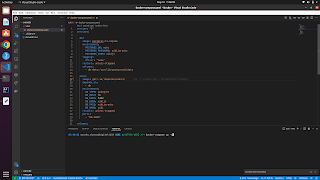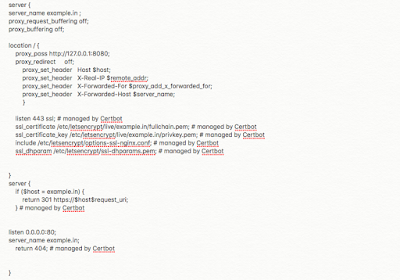Regex 101: An Introduction to Regular Expressions for Developers
Regular expressions (regex) are a powerful tool for searching and manipulating text. They allow you to describe patterns of characters that you want to match, rather than specifying every possible combination of characters. In this blog, we will go over some common regex operations and provide examples for each one.
These are just some of the many operations you can perform with regular expressions. The exact syntax and behavior may vary depending on the specific programming language or tool you are using.
- Matching a literal string:
- regex: hello will match the string "hello".
- Matching any character:
- regex: . will match any single character.
- Matching a set of characters:
- regex: [aeiou] will match any single vowel.
- Matching a range of characters:
- regex: [a-z] will match any single lowercase letter.
- Matching a negated set of characters:
- regex: [^aeiou] will match any single non-vowel character.
- Matching zero or one occurrence:
- regex: a? will match either the string "a" or an empty string.
- Matching zero or more occurrences:
- regex: a* will match any string that contains zero or more "a" characters.
- Matching one or more occurrences:
- regex: a+ will match any string that contains one or more "a" characters.
- Matching a specific number of occurrences:
- regex: a{3} will match any string that contains exactly three "a" characters.
- Matching a range of occurrences:
- regex: a{2,5} will match any string that contains between two and five "a" characters.
- Anchoring to the start or end of a line:
- regex: ^hello will match the string "hello" only if it appears at the beginning of a line.
- regex: world$ will match the string "world" only if it appears at the end of a line.
- Grouping expressions together:
- regex: (hello|world) will match either the string "hello" or the string "world".
- Backreferences:
- regex: (\w+)\s+\1 will match any string that contains a repeated word (e.g. "hello hello" or "world world").
These are just some of the many operations you can perform with regular expressions. The exact syntax and behavior may vary depending on the specific programming language or tool you are using.
Regex patterns can be used for a variety of tasks, such as searching for specific text within a document or validating input from a user. They can match literal strings, sets or ranges of characters, zero or more occurrences of a character, and more.
Regex patterns are written using a combination of special characters and literals, and can be quite complex. However, mastering regex can be very beneficial for tasks such as data cleaning, text processing, and web development.
Regex patterns are written using a combination of special characters and literals, and can be quite complex. However, mastering regex can be very beneficial for tasks such as data cleaning, text processing, and web development.



Comments
Post a Comment
Please give us your valuable feedback